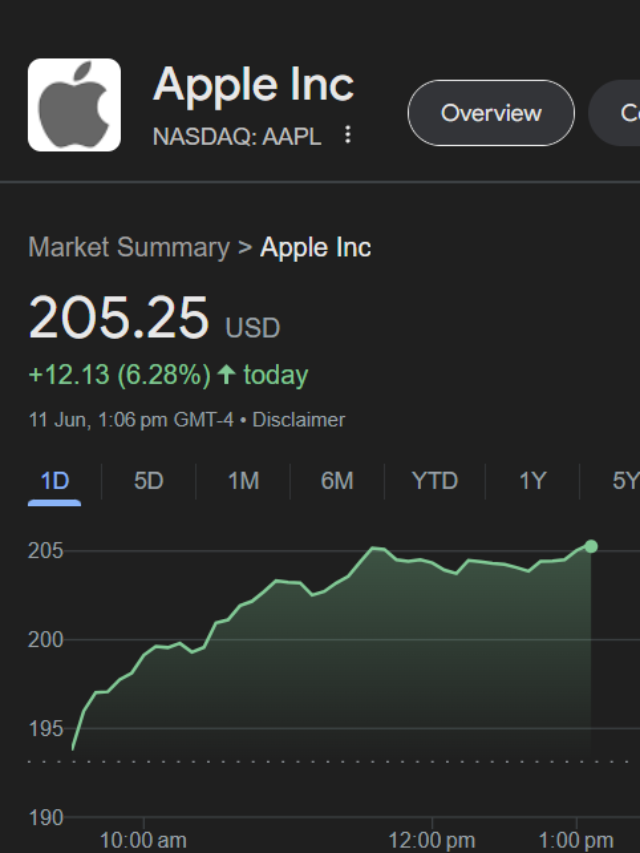A palpable shift in investor sentiment is unfolding, as market participants are aggressively reducing their equity holdings. This trend, representing the most significant decrease since the COVID-19 pandemic, signifies a growing apprehension about the economic landscape.
Data from a prominent financial institution reveals that equity allocations have plummeted, indicating a loss of confidence in the market’s trajectory. This substantial decrease in stock exposure underscores concerns about potential economic headwinds, casting a shadow over corporate earnings prospects and overall market performance.
The reduction in equity allocations signals a growing sentiment of caution, as investors navigate a complex and uncertain economic environment. The confluence of factors, including inflation, interest rate hikes, and geopolitical tensions, has created a backdrop of heightened risk aversion.
This retreat from equities suggests a reassessment of risk appetite, with investors seeking refuge in more conservative asset classes. The implications of this trend for corporate earnings and market valuations are significant, as it indicates a dampening of investor optimism and a potential shift in investment priorities.

Equity Markets Signal Caution as Investors Reassess Economic Outlook
The recent downturn in the equity markets underscores a palpable shift in investor sentiment, characterized by a notable reduction in exposure to stocks. Aggregate allocation to stocks has fallen to the 31st percentile, a significant departure from the 97th percentile peak observed just three weeks prior.
This rapid reallocation of capital suggests a growing unease among investors regarding the trajectory of the economy and the potential for diminished corporate earnings growth. The decline in equity allocations corresponds with a broader reassessment of risk appetite in light of several macroeconomic headwinds.
Concerns surrounding a potential US recession, driven by persistent inflationary pressures and the prospect of further interest rate hikes, have contributed to a more cautious investment landscape. This shift in sentiment is reflected in the anticipated slowdown in corporate earnings growth.
While the second quarter saw an 11% increase in S&P 500 profits, analysts now project a more modest rise in the coming quarters. This recalibration of expectations underscores the uncertainty that currently pervades the market, as investors grapple with the potential impact of economic headwinds on corporate profitability.
The current market environment necessitates a more discerning approach to equity investments. As investors navigate a complex landscape marked by economic uncertainty and evolving monetary policy, a thorough assessment of risk and potential return is paramount.
The recent decline in equity allocations serves as a timely reminder of the importance of maintaining a diversified portfolio and remaining adaptable to shifting market dynamics. While the long-term prospects for the equity market remain a subject of debate, the recent trends underscore a palpable shift in investor sentiment.
The decline in equity allocations, coupled with concerns about a potential economic slowdown, suggests a period of heightened caution and a greater emphasis on risk management within the investment community. Investors are now faced with the challenge of balancing the potential for long-term growth with the need to mitigate risks associated with a potentially volatile economic environment.
The coming months will be crucial in determining the resilience of the equity market and the extent to which investor confidence can be restored. A close monitoring of economic indicators, corporate earnings reports, and central bank policy decisions will be essential for navigating the uncertainties that lie ahead.
As the market continues to adjust to evolving economic realities, investors will need to remain vigilant and adaptable in order to achieve their long-term financial goals. The current market dynamics underscore the importance of a well-informed and strategic approach to investing, characterized by a thorough understanding of risk tolerance and a commitment to long-term financial planning.
While the current environment presents challenges, it also offers opportunities for those who are prepared to navigate the complexities of the market with prudence and foresight. The ability to adapt to changing market conditions and to maintain a long-term perspective will be crucial for achieving success in the equity markets in the months and years to come.
As investors continue to reassess their outlook and adjust their portfolios accordingly, the market will likely experience a period of heightened volatility and uncertainty. However, for those who remain committed to a disciplined investment strategy and maintain a long-term perspective, the current market environment may also present opportunities for growth and value creation.
The key to navigating this challenging landscape lies in staying informed, remaining adaptable, and maintaining a steadfast focus on long-term financial objectives.
Navigating the Shifting Sands of Equity Markets
In conclusion, the recent retreat in equity markets serves as a potent reminder of the inherent volatility that characterizes investing. The significant reduction in equity allocations, reaching levels unseen since the onset of the COVID-19 pandemic, underscores a palpable shift in investor sentiment.
As economic uncertainties loom large, investors are demonstrably reassessing their risk tolerance and recalibrating their portfolios accordingly. The potential for further adjustments by systematic funds, driven by persistent market volatility, adds another layer of complexity to the current landscape.
Upcoming economic data releases, particularly the consumer price report, will undoubtedly be scrutinized for clues regarding the trajectory of inflation and its implications for monetary policy. In this evolving environment, characterized by both opportunity and risk, a prudent and adaptable investment approach, underpinned by diversification and a thorough understanding of market dynamics, remains paramount.
Investors would be well-served to maintain a vigilant posture, prepared to navigate the shifting sands of the equity markets with informed decision-making and a long-term perspective.
- Amad Diallo’s Rise and Manchester Derby Excitement
- Navigating the 2024 and 2025 Tax Landscape: Brackets, Rates, and Planning Ahead
- Palantir: From Shadows to Spotlight, Navigating Controversy and Innovation
- The Relentless Myles Garrett: Battling Through Injury in Browns’ Loss
- Luka’s Triple-Double Dominates as Mavericks Outgun Warriors in Three-Point Barrage



















